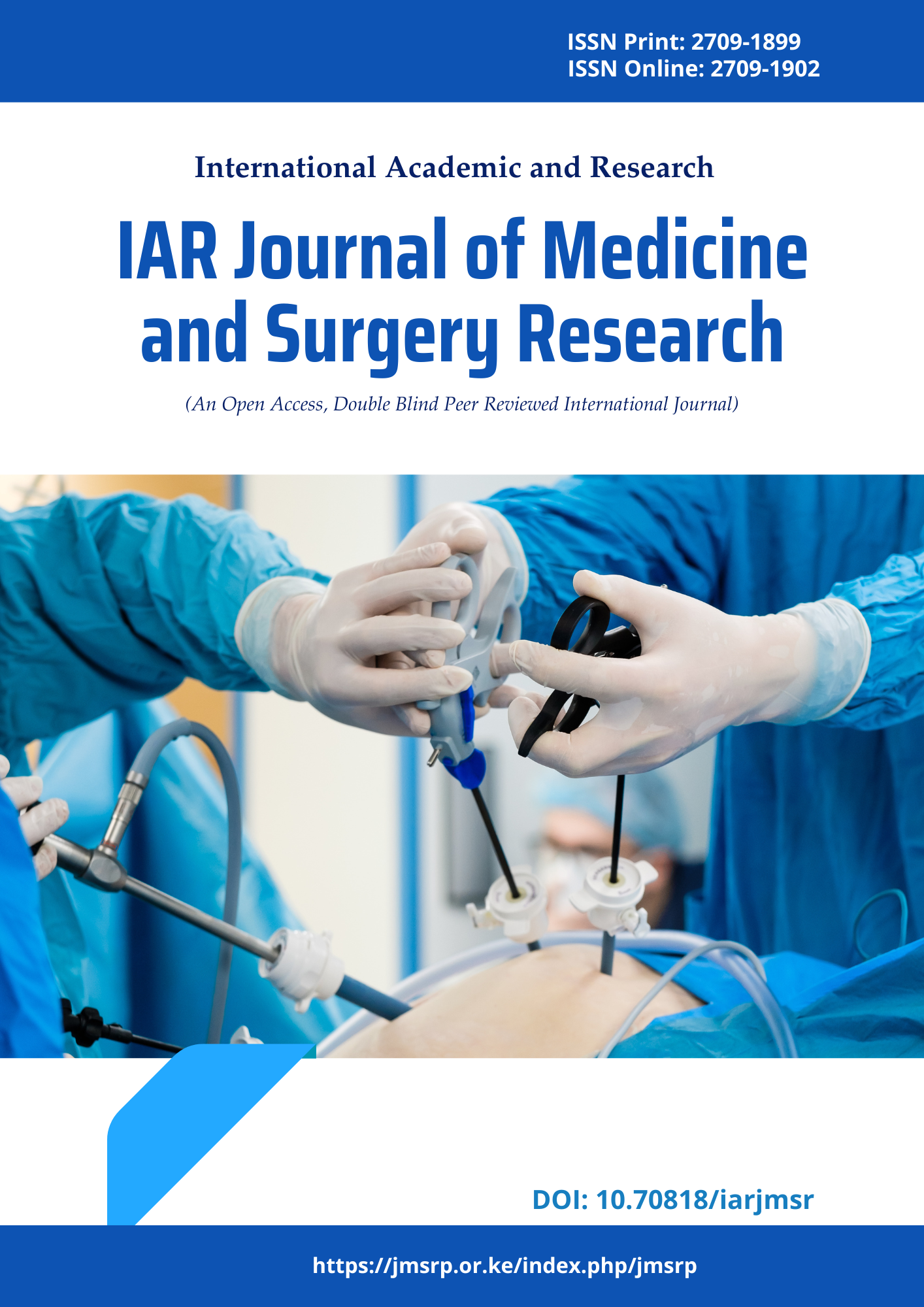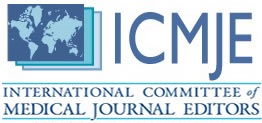Acute Poisoning Cases Treated in Intensive Care Unit at Rural Tertiary Carecentre
DOI:
https://doi.org/10.47310/iarjmsr.2021.V02i05.01Keywords:
Acute Poisoning, Accidental, Incidental.Abstract
Background: Acute poisoning with various substance is common everywhere. Earlier initial resuscitation, gastric decontamination and use of specific antidotes, better is the outcome. The aim of the study was to characterize the poisoning cases admitted to the tertiary care teaching Hospital. Material and Methods: This is Prospective, observational, descriptive study was conducted to investigate the clinical characteristics and epidemiological patterns of acute poisoning admission into ICU of 137 cases. The inclusion criteria were: Either gender with Age > 13 years and chief complaint of acute poisoning included those who had undergone exposure to poison either by household or agricultural pesticides, stings bite, snake bite, industrial toxins, toxic plants, drug or miscellaneous products. Results: 137 of poisoned cases were enrolled in this study, the majority of poison cases were between 21-30 years accountable 60.6 % were male and gender ratio of the patients’ male: female was 1.53:1. The majority of all cases (61.3%) were due to suicidal poisoning. The exposure substances identified as most commonly encountered in the ICU included OPP (37.2%), Food Poisoning 15.3%, Alcohol intoxication, followed by overdose of drugs, (16.7%, 10.9%, respectively). Specific antidote 66.4% were given and Ventilator not received by 68.6% patients. Conclusions: The tertiary care hospitals of the Moinabad region, indicate that significant opportunities for reducing mortality are achieved by better medical management.
















